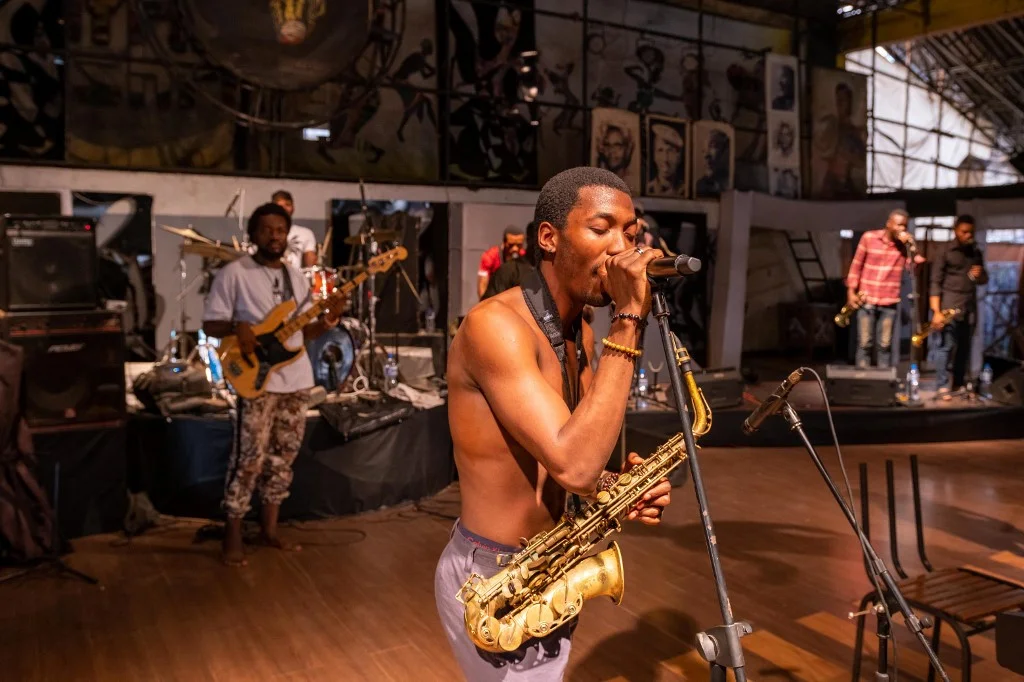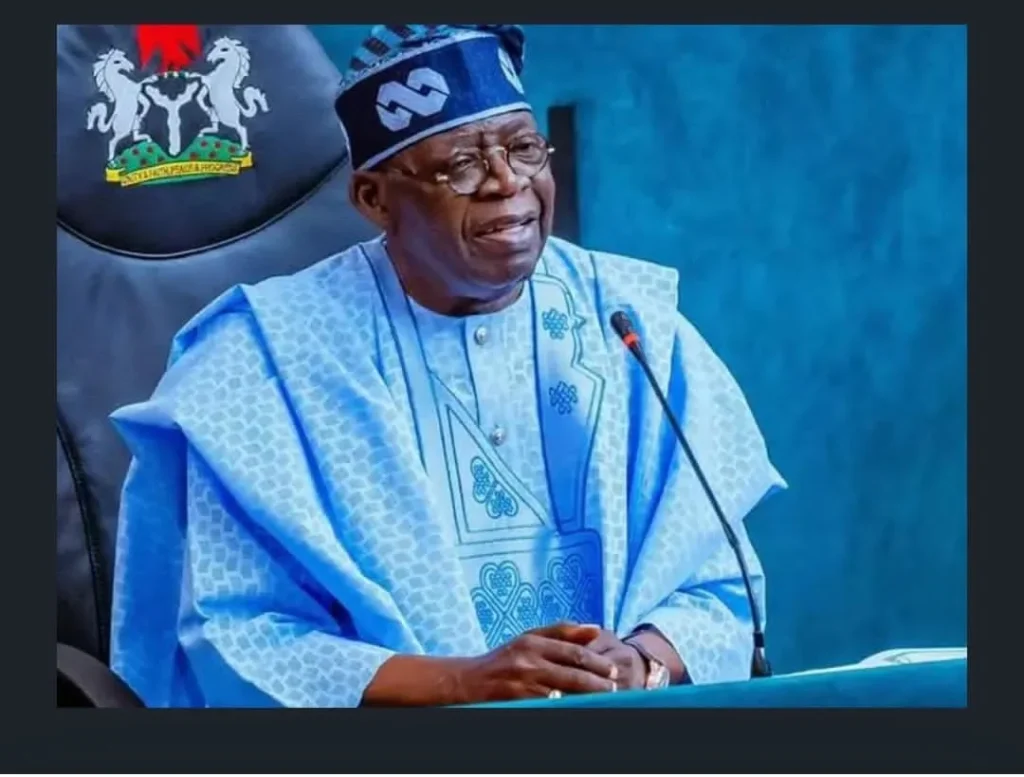Nearly 25 years after the passing of Nigerian music icon Fela Kuti, his son Femi and grandson Made are carrying his Afrobeat legacy to the world stage. Their joint project, a double album titled “Legacy +”, has been nominated for the Grammy Awards in the Global Music category.
This marks Made’s first Grammy nomination at just 26 years old, while it is Femi’s fifth, having begun his career at the age of 17 alongside his legendary father. Femi’s younger brother, Seun Kuti, was also a Grammy nominee in 2018.
The Sound of Legacy +
The album is divided into two parts: one by Femi and the other by Made, who performed every instrument on his section — from saxophone and trumpet to drums and piano.
“My music is very influenced by what I listened to as a child, that’s obviously my grandfather, my father and my uncle,” Made said at the New Afrika Shrine, the Lagos venue created by Fela.
A Family Tradition of Resistance
On stage, Made evokes his grandfather’s presence — saxophone in hand, shirtless, and with a commanding aura. While his delivery is calmer than Fela’s fiery energy, his lyrics remain socially conscious.
Fela Kuti, famed for classics like “Zombie” and “Sorrow, Tears and Blood,” relentlessly challenged corruption, dictatorship, and oppression through music. His activism often led to imprisonment and violent clashes with Nigeria’s military regime.
Today, Femi and Made continue that fight, singing about corruption, poverty, and inequality that still haunt Nigeria despite two decades of democracy.
Afrobeat vs. Afropop
While Afrobeat continues to inspire, Nigeria’s youth are more drawn to Afropop, driven by global stars like Davido and Wizkid, who is also a Grammy nominee.
Femi Kuti, however, draws a line between musicianship and entertainment. “Many of these artists don’t write their music, probably don’t write their lyrics… It takes years to become a great musician,” he said.
Still, Afrobeat anthems remain central to youth protests, including the #EndSARS movement in 2020, when demonstrators revived Fela’s rebellious songs as soundtracks for change.






